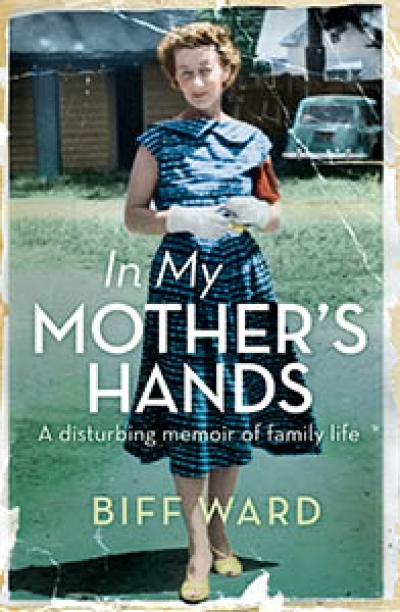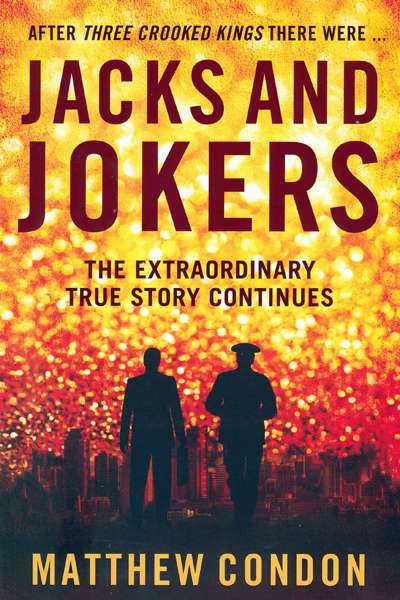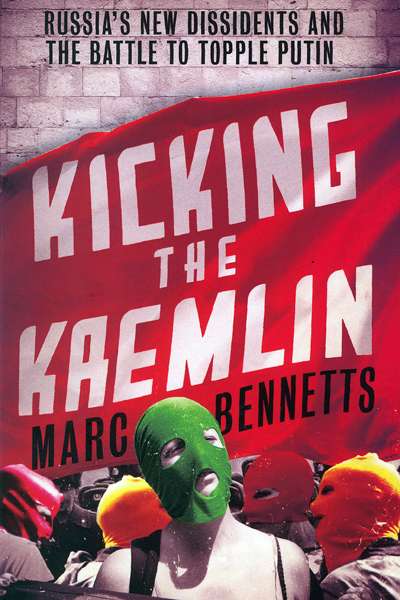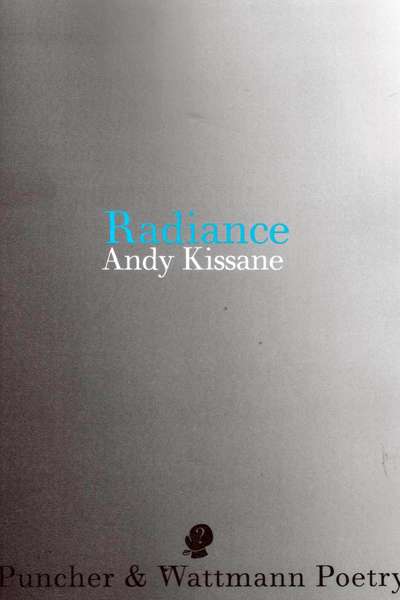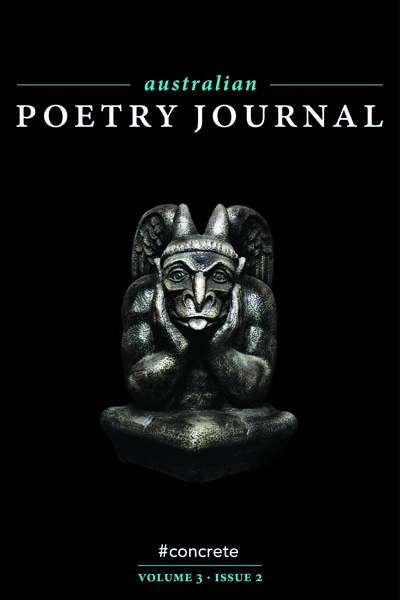Non Fiction
In My Mother's Hands: A disturbing memoir of family life by Biff Ward
For anyone who has ever complained about a difficult mother, or written a memoir about one, this is a humbling book. How trivial, by comparison, our complaints seem. The subtitle promises (or threatens) a disturbing memoir, and so it is. I found it difficult to get out of my head days after reading it.
... (read more)There was a recent flurry of Australian media interest in the wake of the publication of a new edition of the Dictionary of Contemporary Slang, edited by Tony Thorne. Thorne only added a small number of new Australian slang termsto the new edition: ‘ort’, buttocks; ‘tockley’, penis; and ‘unit’, defined as a bogan. The apparent lack of new Australian slang terms was a cause of some anxiety: did it indicate we were losing our famed linguistic inventiveness? Was it a sign of our maturing as a nation? Or did it mean that Americanisms had finally taken over our language?
... (read more)Matthew Condon is fast becoming the George R.R. Martin of Australian true crime. Like the Game of Thrones author, Condon is part-way through the delivery of a saga of epic proportions. However, whereas some fantasy fiction fans doubt that Martin will ever conclude his A Song of Ice and Fire series, everyone knows how the story of corruption in Joh Bjelke-Petersen-era Queensland ends. But knowing the ending doesn’t lessen the shock of the telling. Jacks and Jokers, the second instalment of Condon’s trilogy (the conclusion, All Fall Down, is slated for release in 2015), sprawls and appals in equal measure.
... (read more)Behind the Doors: An art history from Yuendumu by Philip Jones with Warlukurlangu Artists
The painting of the Yuendumu doors in 1984 by Warlpiri artists, whose country is north-west of Alice Springs, represented an extraordinary moment in Australian art and modern art generally. In the 1980s some Aboriginal elders painted the doors in the Yuendumu School building to prompt students to show respect for their school and as a marker of their culture. It was the first time that they had painted using acrylics (not ochres), in colours never before used, to record the major stories of their community.
... (read more)Kicking the Kremlin by Marc Bennetts & Putin and the Oligarch by Richard Sakwa
Moscow’s annexation of Crimea in March was a dramatic sign of Russia’s sense that it had recovered from its post-Soviet weakness. Viewed in the West as an outrage, in Russia the seizure was portrayed as a triumph, the culmination of a national resurgence under Vladimir Putin. It remains to be seen how long this mood of triumph will last.
... (read more)Antipodean America: Australasia and the constitution of U.S. Literature by Paul Giles
Paul Giles has done important work reimagining North American literary history as allied rather than isolationist – revisioning American literature not as the definition of landlocked nation or exceptional homeland but as the product of transatlantic and continental traverses of forms and voices. In three books, Transatlantic Insurrections (2001), Atlantic Republic (2006), and The Global Remapping of American Literature (2011), he has uncovered the lines of influence and adaptation between North American, British, and European literary cultures. As a geographical materialist, he focuses on individual authors, overlaid with their spatial and historical environments from the colonialist, to the revolutionary, to the postmodern. But he is not an Archimedean, seeking a still perspective from somewhere above or beyond. Rather, his outlook is shaped by cartographical models of the globe with their surface mosaics of national territories and periods. Whether geographical, historical, or literary, the world is always remappable. His impulse is a deterritorialising one, looking out from within the literary work, that imaginary space from which selves, borders, hemispheres, the nation, the world can be reperceived and co-ordinates reversed or rotated.
... (read more)Andy Kissane’s fourth collection, Radiance, is a heartening answer to those who, like publisher Stephen Matthews, lament that ‘many modern poets choose to shroud their work in point-scoring obscurity at a time when clarity and accessibility might encourage more people to read poetry’. Kissane doesn’t address this issue directly, but his book is an important negative instance.
... (read more)Cordite Poetry Review: Issue 46.0 edited by Kent MacCarter
The latest edition of this exclusively online poetry journal has no theme, but Cordite’s managing editor, Kent MacCarter, makes a virtue of its lack of subject. He builds the edition around a chapbook he has collated that is called ‘Spoon bending’, arguing around and against the proposition that ‘There’s no such thing as a good poem about nothing’, and opening with a splendidly effervescent argument in favour of hybridisation and play in poetry.
... (read more)Transnational Literature: Vol. 6, No. 2 by Gillian Dooley
Transnational Literature is an online, open-access journal that is published by Flinders University. The May 2014 edition certainly lives up to the title. This edition provides an overview of literary texts and theories from across the world.
The academic contributions explore a diverse range of topics. These include the work of Marion Halligan, literary representations of Islam and the veil, and the notion of ‘home’ as this is invoked in Shani Mootoo’s novel Cereus Blooms at Night (1996). There is a review essay on a selection of books dedicated to the theme of ‘world literature’, plus the paper delivered by Satendra Nandan at the December 2013 launch of Rosie Scott and Tom Keneally’s edited collection A Country Too Far (the latter is reviewed in this edition). Readers will also find poems, short stories and life narratives.
... (read more)Australian Poetry Journal: Vol. 3, No. 2 edited by Bronwyn Lea
My first encounter with concrete poetry came via Apollinaire’s Calligrammes (1918), specifically his eye-catching poem ‘Il Pleut’. With its gently cascading words falling down the page, it was immediately clear that the typographic arrangement of the poem was of far greater import than its semantic content.
Although the term was not coined until the 1950s, concrete poetry draws upon traditions as diverse as ancient Greek shaped poems, Lewis Carroll’s ‘The Mouse’s Tale’, and the typographic experiments found in early twentieth-century Dada and Futurist publications. Despite this, concrete poetry has historically fallen between the cracks of various critical discourses. Is it art or is it poetry?
... (read more)

